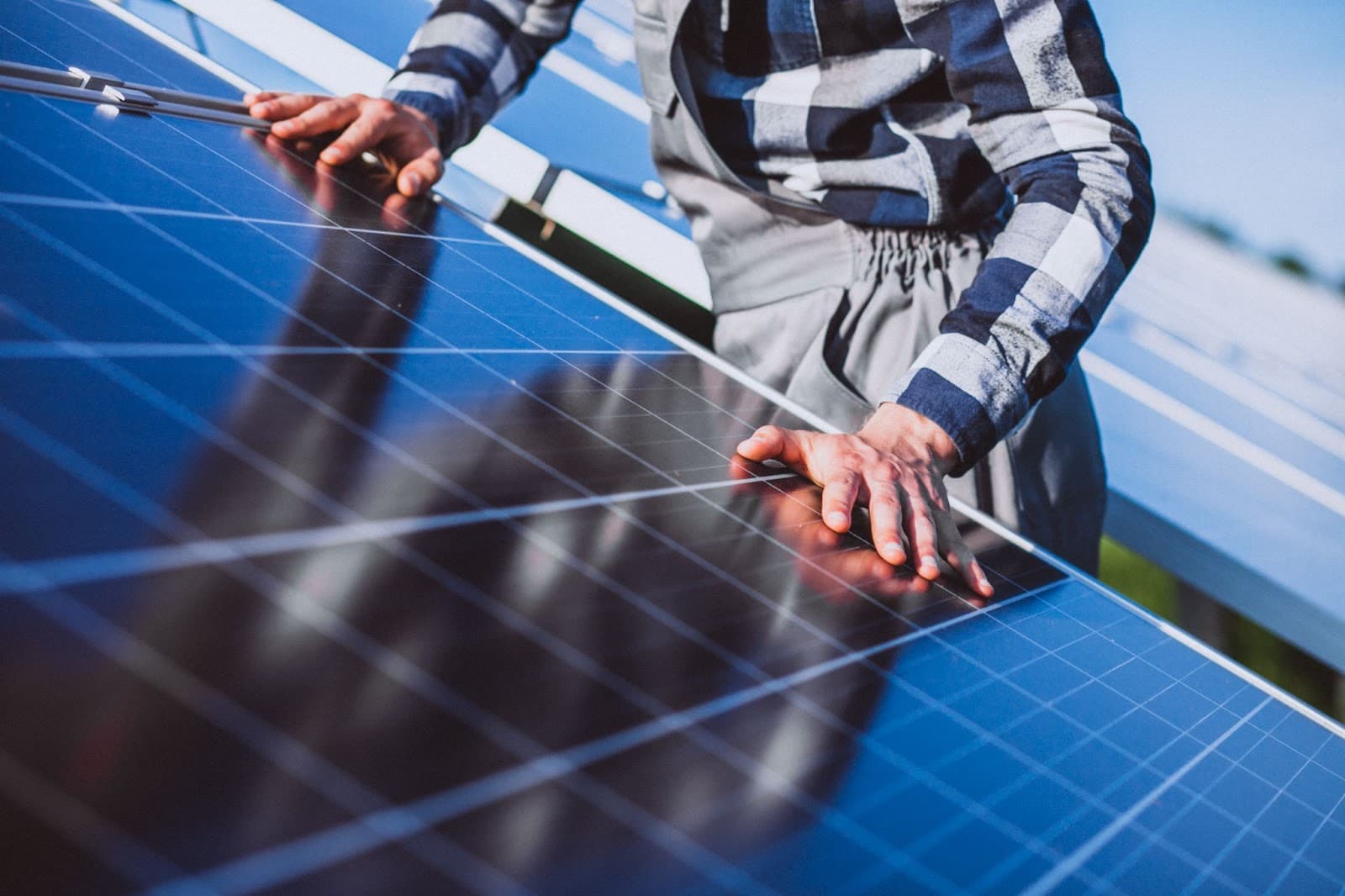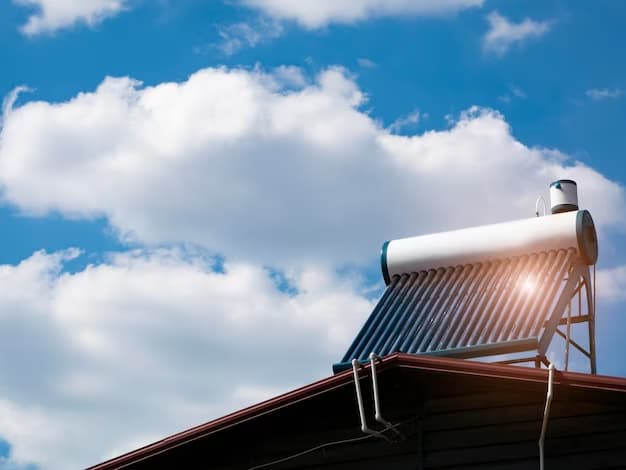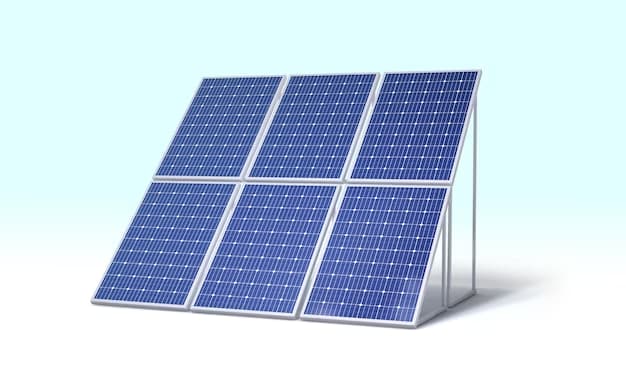Unmasking the Waterproof Capabilities of Solar Panels
Solar energy has emerged as a beacon of hope for a greener future. When thinking about installing solar panels, an essential query that comes up is: Are solar panels waterproof? Let’s unravel this enigma.
The Anatomy of a Solar Panel
Solar panels, also known as photovoltaic panels, are designed to capture sunlight and convert it into electricity. The core components include:
- Solar Cells: The heart of the panel, they generate power from sunlight;
- Encapsulant: A protective layer surrounding the cells, usually made of EVA (ethyl vinyl acetate);
- Front and Back Sheets: Additional protection to ensure durability and longevity;
- Aluminum Frame: Provides structural integrity and aids installation.
Waterproof vs. Water-Resistant: The Difference
Understanding the distinction between these two terms is pivotal. While “waterproof” implies absolute protection against water, “water-resistant” denotes the ability to resist the penetration of water to some degree but not entirely. So, where do solar panels fit in?
Are Solar Panels Truly Waterproof?
Solar panels are meticulously crafted to withstand diverse weather conditions. Thanks to the encapsulant and the durable protective sheets, water doesn’t seep into the solar cells themselves. Hence, while not wholly “waterproof,” solar panels are impressively water-resistant. They can handle rain, snow, and even hail up to a certain size.
Potential Threats from Water
- Pooled Water: Stagnant water might cause damage over time.
- Humidity: Can degrade certain components over prolonged exposure.
- Salt Water: Coastal installations might experience corrosion from salty air.
How Solar Panels Handle Rain and Snow
Rain, in fact, can be beneficial for solar panels. How so?
- Natural Cleaning: Rain can wash away the accumulated dirt, bird droppings, and other debris.
- Cooling Effect: Rain cools down the panels, improving their efficiency.
Snow, while it can temporarily block the sunlight, poses minimal risks. As panels warm up, they usually melt away the accumulated snow. Plus, the angle of many solar panels often facilitates the sliding off of snow.
Durability and Testing
Solar panels undergo rigorous testing to ensure their robustness:
- Water Jet Test: Emulates heavy rainfall;
- Freezing Conditions: Checks resilience against ice and frost;
- Prolonged Moisture Exposure: Assesses long-term humidity effects.
Maintenance Tips for Longer Lifespan
Solar panels are generally low-maintenance. However, ensuring they remain in tip-top condition requires a few periodic checks:
- Ensure no pooling of water on or around the panels;
- Check for corrosion, especially in coastal areas;
- Consider anti-reflective coatings for added protection;
- Regularly inspect for physical damages after heavy storms.

Future Innovations: Enhancing Waterproof Capabilities
Research is ongoing to improve the waterproof characteristics of solar panels. Innovations include hydrophobic coatings and advanced encapsulants.
How Water Affects Solar Panel Efficiency
While solar panels are designed to endure the elements, water can have both positive and negative effects on their efficiency. On one hand, rain can naturally clean panels, thus potentially increasing their efficiency. However, prolonged exposure to moisture without adequate drainage can lead to potential degradation.
Pros of Rain and Moisture:
- Natural Cleaning Agent: Rainwater can help in washing away accumulated dirt and debris from the solar panels, ensuring they operate at optimal efficiency;
- Cooling Effect: During hot days, rain can cool down the panels. Cooler panels are generally more efficient than overheated ones.
Cons of Excessive Moisture:
- Potential Degradation: If water accumulates and pools for an extended period, it might lead to degradation of certain panel components;
- Blockage of Sunlight: Heavy cloud cover associated with rainy days can reduce the amount of sunlight reaching the panels, thus reducing their electricity generation capacity.
The Financial Impact of Waterproof Solar Panels
Waterproofing or at least ensuring that solar panels are highly water-resistant is not just about panel longevity. It can also have a significant financial impact in the long run.
Benefits of Water-Resistant Panels:
- Lower Maintenance Costs: Panels that resist water well will generally require less maintenance and fewer replacements over their lifespan;
- Consistent Energy Production: Panels that are not affected by moisture or rain will produce energy consistently, ensuring you get the most out of your investment;
- Increased Resale Value: Homes with well-maintained solar panels often fetch a higher market price.
Comparing Brands: Which Solar Panels Are the Most Water-Resistant?
Different brands offer varying levels of water-resistance. Here’s a comparison table of some top brands:
| Brand | Water-Resistance Rating | Warranty Period | Additional Features |
|---|---|---|---|
| SolarTech | IP68 | 25 years | Anti-reflective coating |
| PowerSun | IP67 | 20 years | Enhanced encapsulant |
| GreenEnergy | IP67 | 25 years | Hydrophobic coating |
| SunnyTech | IP66 | 20 years | UV protection layer |
The Environmental Aspect: Why Waterproofing Matters
Beyond the practical and financial benefits, ensuring that solar panels are waterproof or at least water-resistant has environmental implications.
- Waste Reduction: Panels that last longer due to effective waterproofing measures contribute to lesser electronic waste;
- Consistent Green Energy Production: Panels unaffected by water will produce green energy consistently, thus reducing dependence on fossil fuels;
- Resource Conservation: Manufacturing solar panels requires resources. Ensuring they last longer means fewer resources are utilized over time.

The Evolution of Waterproof Solar Panels
Solar panels have come a long way since their inception. Over the decades, technological advancements have greatly improved their resilience to water and other environmental factors.
Early Days of Solar Technology
In the initial stages of solar technology, the panels were not as resilient as they are today. The focus was primarily on capturing sunlight efficiently. As these panels began to gain popularity, the need to make them more durable became evident, especially in regions with heavy rainfall or snowfall. Early solar adopters often reported issues related to water seepage, which adversely affected the efficiency and lifespan of the panels.
Modern-Day Solar Panels and Waterproofing Techniques
Fast forward to today, and solar panels are engineered with precision to endure a variety of climatic conditions. Innovations like superior encapsulants, advanced lamination techniques, and water-repellent coatings ensure that modern solar panels remain unaffected by water. Moreover, the construction design has evolved, incorporating slopes and angles to prevent water stagnation.
Waterproofing and the Warranty Game
The longevity and durability of solar panels, particularly their waterproof qualities, play a significant role in the warranties offered by manufacturers.
Decoding the Warranty
Most solar panel manufacturers provide two main types of warranties: performance warranty and product warranty. The performance warranty guarantees that the panel will produce a certain percentage of its rated power output for a specified period, usually 25 years. The product warranty, on the other hand, covers defects in materials or workmanship. If a panel is genuinely waterproof, the chances of defects related to water damage are minimized, allowing manufacturers to offer longer product warranties with confidence.
Boosting Consumer Trust
Providing extended warranties, backed by robust waterproofing features, significantly boosts consumer trust. Potential solar adopters are more likely to invest in a product when they are assured of its durability and the company’s confidence in its longevity.
The Role of Installers in Ensuring Water Resistance
While the design and build of solar panels play a crucial role in their water resistance, the role of installers cannot be overlooked.
Precision in Installation
A well-manufactured solar panel can still face issues if not installed correctly. Ensuring proper alignment, avoiding areas where water might pool, and securing the panels firmly can make a world of difference. The angle at which the panels are set up can also influence how effectively they shed water. Working with experienced installers guarantees that the panels are set up in a manner that maximizes their water-resistant qualities.
Regular Checks and Maintenance
Post-installation, regular checks are vital. Trusted installers often provide maintenance services, ensuring that the panels are in optimal condition and any potential issues related to water damage are identified and addressed promptly.

Solar Panels, Waterproofing, and the Global Climate Scenario
The conversation about the water resistance of solar panels ties back to the broader issue of climate change and how our preparedness can make a difference.
Climate Change and Extreme Weather Events
With climate change becoming a pressing concern, extreme weather events like torrential rains, hurricanes, and snowstorms are becoming increasingly common. In such a scenario, the waterproof nature of solar panels is not just a feature but a necessity. Panels that can withstand these extreme events not only ensure consistent energy generation but also prove to be a sound financial investment in the long run.
Contributing to a Sustainable Future
By focusing on creating solar panels that can endure the challenges posed by our changing climate, we are taking a step towards a sustainable future. It’s a testament to the human spirit of innovation and adaptability, ensuring that clean energy remains accessible even in the face of adversities.
Conclusion
To surmise, while solar panels might not be 100% waterproof, they are built to resist water impressively. With proper maintenance and regular checks, they can serve efficiently even in varying weather conditions.
FAQs
Ideally, inspect them bi-annually or after extreme weather events.
Solar panels can withstand hail up to a certain size, thanks to their robust construction.
Absolutely! However, monitor them for signs of corrosion and consider protective coatings.
Not significantly. Rain might temporarily reduce production but can also clean and cool the panels, increasing efficiency.
Most solar panels are suited for varied climates, but some come with enhanced water-resistant features.









